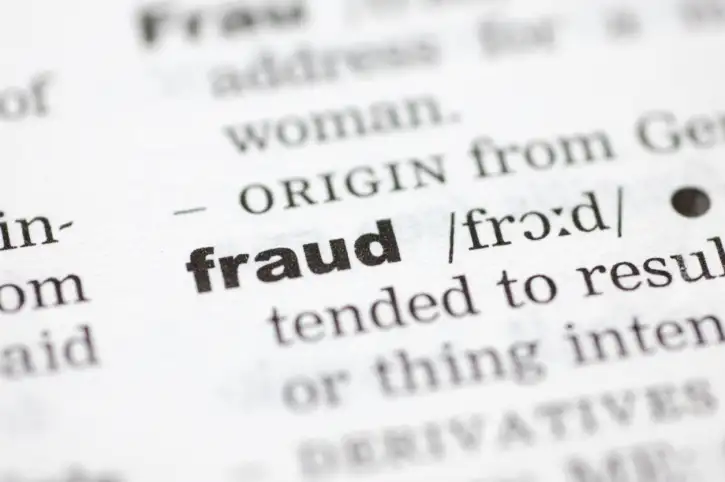
Last week, Citibank dumped a bombshell on some cardholders: It started issuing IRS form 1099 “miscellaneous income” notices to cardholders that had received big mileage “bonuses” for enrolling. In the past, the IRS has generally exempted miles from taxation, but, at least for now, it’s drawing a distinction: Miles you earn by flying or by buying things with a credit card are not taxable, but miles you receive as a gift or premium in a promotion are taxable. Here are my early answers to some key questions you might have:
Do I really have to pay?
Yes, at least for now. So the real issue is not whether you have to pay a tax, it’s how much tax you have to pay. And here, Citi is scamming you by overvaluing the miles.
Is Citi’s valuation fair?
No, it isn’t. Citi calculates its 1099 amounts at $0.025 per mile, supposedly based on an average price of $625 for a domestic coach ticket, a trip that you can get for 25,000 miles. This valuation is, of course, ridiculously overpriced:
- Reported “average” ticket prices are much higher than lowest available prices because they’re inflated by mixing expensive business tickets in with the cheap leisure tickets.
- Value based on prices for purchased tickets does not reflect the lesser value of frequent flyer awards because airlines allocate so few seats to lowest-level mileage awards.
But Citi doesn’t care about fair, it cares about profitable. Citi probably pays the airline about $.01 per mile for the credit. Previously, Citi would write off that $.01 per mile as a cost offsetting other credit card profits. But if Citi arbitrarily values that credit at $.025 cents per mile, it can write off the full “retail” value of $0.025, thereby more than doubling its write off. Say Citi gives 50,000 enrollment bonuses to 10,000 customers, for example, for a total of 500,000,000 miles. On a cost basis, Citi could write off $5 million. But on the inflated value, Citi can write off $15 million, or $10 million more than its true cost, without actually spending another penny.
Can Citi get away with inflating the value?
Here, the answer is uncertain. According to some sources, the IRS requires that you report only the fair market value (FMV) of a prize, not necessarily an inflated price assigned by the donor. You can’t change Citi’s policy, but you can challenge the price it assigns.
What can I do?
For starters, the one thing you cannot do is ignore any 1099s you receive. Issuers send 1099 copies to the IRS as well as to you, and the IRS really does reconcile them. Unless the IRS changes the rules, you probably can’t avoid paying some tax.
But you might be able to base your tax on the real value of the miles, not the bank’s inflated value. One source recommends that you enter the full 1099 value, then enter the difference between the inflated value and the FMV as a negative adjustment. Be prepared for a challenge to your valuation, but you should have some useful ammunition: Lots of published reports support a valuation around 1 cent per mile. Whatever you do, however, get what guidance you can from your tax preparer or tax preparation software, and document your entries.
Will other banks copy Citi?
Probably. Nothing catches on with banks faster than a new way to gouge their customers.
What happens next?
Judging from press reports, I believe that Citi’s move blindsided the IRS, and that its initial response was pretty much off the cuff. I wouldn’t be surprised to see further “clarification” from the IRS in coming weeks. Another complication needs resolution: Airlines say you don’t “own” your miles; the airlines retain ownership. So can the IRS tax you for something that really isn’t yours?
I can’t believe that frequent flyers will accept this assault without some resistance. We’ll likely see a lot more about this question in coming months before the dust settles. Stay tuned.
You might also like:
- Are Taxable Frequent Flyer Miles in Your Future?
- How to Get a Refund on a Nonrefundable Ticket
- Are New Consumer Protections at Risk?
Ed Perkins on Travel is copyright (c) 2012 Tribune Media Services, Inc.
We hand-pick everything we recommend and select items through testing and reviews. Some products are sent to us free of charge with no incentive to offer a favorable review. We offer our unbiased opinions and do not accept compensation to review products. All items are in stock and prices are accurate at the time of publication. If you buy something through our links, we may earn a commission.
Related
Top Fares From Columbus, OH
Today's Top Travel Deals
Brought to you by ShermansTravel
Shop and Save with Country Inns...
Patricia Magaña
 Hotel & Lodging Deals
Hotel & Lodging Deals
$229 -- Chicago: Discounted Rates and...
Francesca Miele
 Hotel & Lodging Deals
$229+
Hotel & Lodging Deals
$229+
$188 -- Honolulu: Save on Oceanview...
Abigail Lamay
 Hotel & Lodging Deals
$188+
Hotel & Lodging Deals
$188+



